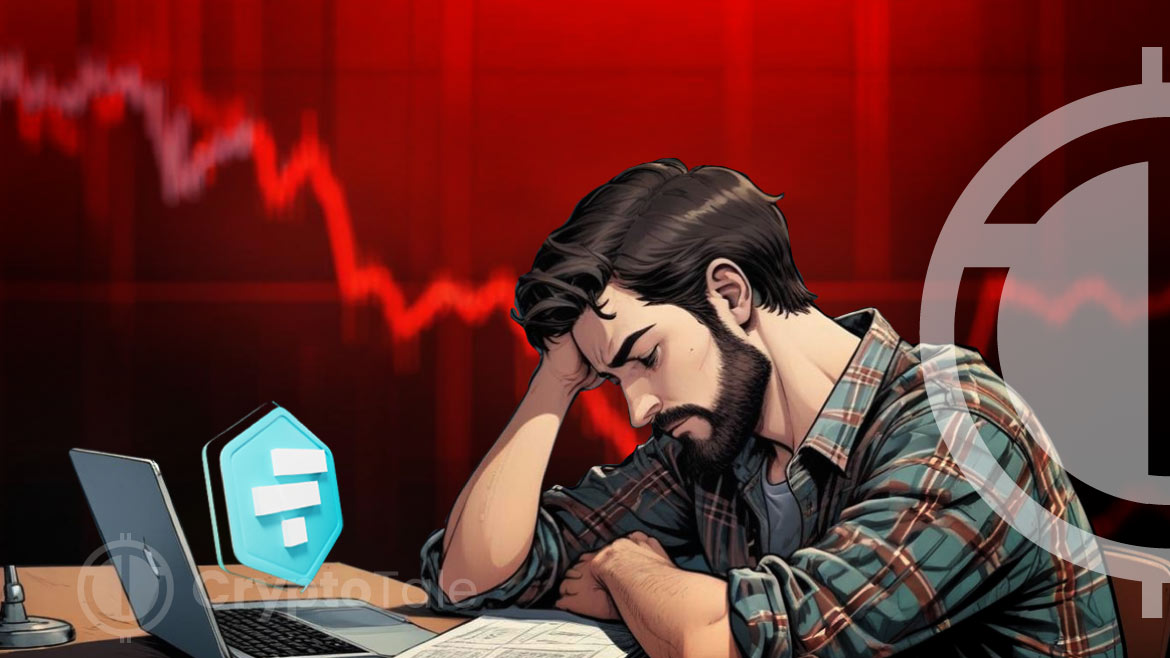- Despite the largest crypto dip since the FTX collapse, traders have remained calm, showing possible market maturity.
- Fear has led to cautious investment strategies, with traders hesitant to react impulsively to market dips.
- Market resilience is evident as each dip is followed by recovery, highlighting underlying strength in crypto.
According to Santiment, the cryptocurrency market has experienced its largest dip since the collapse of FTX in November 2022. Despite the significant drop, traders’ and analysts’ reactions have been surprisingly low. Some experts see this response as a positive sign.
In March, the crypto market saw a quick dip of 5.8% in one week. This was followed by a brief recovery, but the overall sentiment remained bearish. In early April, the market experienced a decline of 5% in a week, followed by a more substantial drop of 13.2% in mid-April. This dip triggered discussions on social platforms, yet the overall reaction was subdued compared to past events.
The market fell by 9.4% in a week in early May. These drops were significant but did not incite the level of panic seen in previous downturns. This muted reaction could indicate a shift in trader behavior or a desensitization to market fluctuations.
In July, the market experienced another 4.1% drop in one week. Despite the ongoing volatility, the trader’s reaction remained moderate. Traders seemed to be adjusting to the new normal of frequent dips and recoveries. The largest dip came in early August, with the market plummeting by 15.6% in one week. Even with this steep decline, crowd recognition was only mediocre.
Market Meltdown Mirrors 2020 Crash: Is Bitcoin a Safe Haven?The limited recognition of these dips suggests a change in market sentiment. Traders are more hesitant to open their wallets and invest during downturns. This hesitancy could be attributed to the lingering effects of the FTX collapse and other market disruptions. The cautious approach might also be influenced by the overall uncertainty in the global economy.
Despite the significant drops, the market has shown resilience. Each dip was followed by periods of recovery, indicating that there is still underlying strength in the market. The subdued reaction to these dips could be a sign of maturity among traders. Instead of reacting with panic, they are taking a more measured approach to market movements.
This trend of moderate recognition amidst significant market drops highlights a potential shift in trader behavior. The fear that has crept in may lead to more cautious investment strategies. As traders become more aware of market volatility, they might adopt long-term perspectives rather than reacting impulsively to short-term fluctuations.






